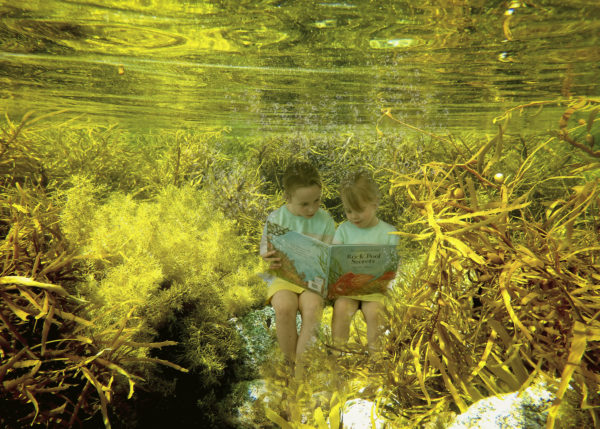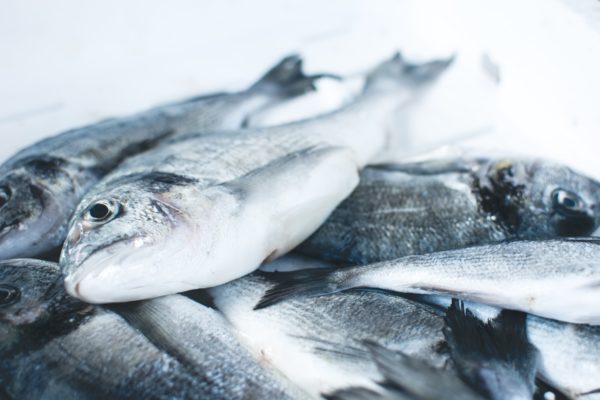Deakin scientists may have found a way to halt the cancer killing Tasmanian devils.
Tasmanian devils could already hold the solution to the cancer that has devastated wild populations of the iconic species in the past 20 years – natural antibodies found in the marsupial’s immune system.
Dr Beata Ujvari, from Deakin’s Centre for Integrative Ecology (CIE) within the School of Life and Environmental Sciences, investigated differences in molecules found in the devils’ immune systems, comparing those that had the cancer, known as the Tasmanian Devil Facial Tumour Disease, and those that didn’t.
“We know from human and animal studies that certain natural antibodies are able to recognise and kill cancerous cells, so we wanted to see whether the presence of these molecules would also determine tumour development in Tasmanian devils,” Dr Ujvari says.
“We found that devils that have a higher ratio of these natural antibodies were less likely to have cancer.
“We can deduce then that devils with a higher natural antibody ratio are therefore less susceptible to the contagious cancer.”
Dr Ujvari says the results could potentially halt the spread of disease, hopefully enabling new vaccine and treatment options.
The research, “Immunoglubolin dynamics and cancer prevalence in Tasmanian devils (Sarcophilus harrisii),” is published in the latest edition of Nature Scientific Reports.
“Anti-tumour vaccines that enhance the production of these natural antibodies, or direct treatment of the cancer with natural antibodies, could become a solution to help halt this disease,” Dr Ujvari says.
[testimonial_text]This process, known as ‘active immunotherapy’, is becoming more and more accepted in treating human cancers, and we think it could be the magic bullet in saving the Tasmanian devils from extinction.[/testimonial_text]
[testimonial_picture name=”Dr Beata Ujvari” details=”Senior Research Fellow Centre for Integrative Ecology “]
[/testimonial_picture]
The facial cancer is spread from devil to devil via biting during social interactions and has caused massive population declines of Tasmanian devils since its first sighting in 1996.
Dr Ujvari says because the cancer is transmitted from devil to devil, their immune system should recognise the cells as foreign objects, like a pathogen, and work to eliminate them from the victim’s system.
“However, this disease’s cells are able to avoid recognition by the devils’ immune systems and develop into large ulcerating tumours that ultimately kills the animals,” she explains.
In 2009, the Australian Government listed the Tasmanian devil, the world’s largest surviving marsupial carnivore, as Endangered under national environmental law.
It is also listed as Endangered under the Tasmania‘s Threatened Species Protection Act 1995 and as Endangered on the Red List of the International Union for the Conservation of Nature and Natural Resources.
The research was a collaborative effort between researchers from Deakin University (Dr Beata Ujvari and Professor Thomas Madsen), the University of Tasmania (Dr Rodrigo Hamede and Professor Menna Jones), the Save the Tasmanian Devil Program, the Department of Primary Industries, Parks, Water and Environment (Dr Sarah Peck and Dr David Pemberton) and the University of Sydney (Professor Katherine Belov).



